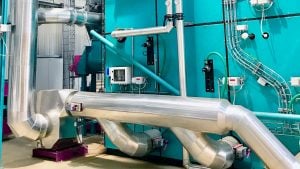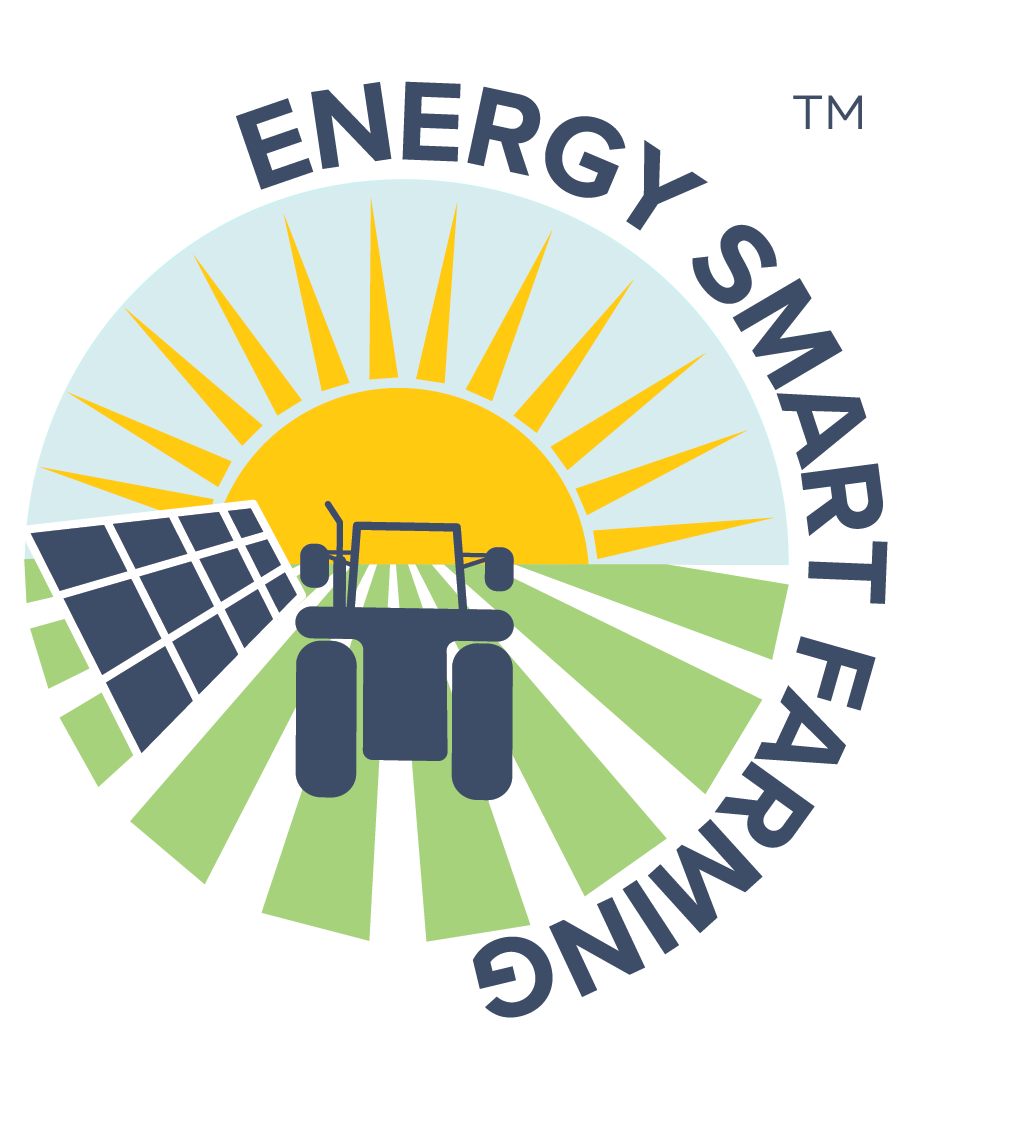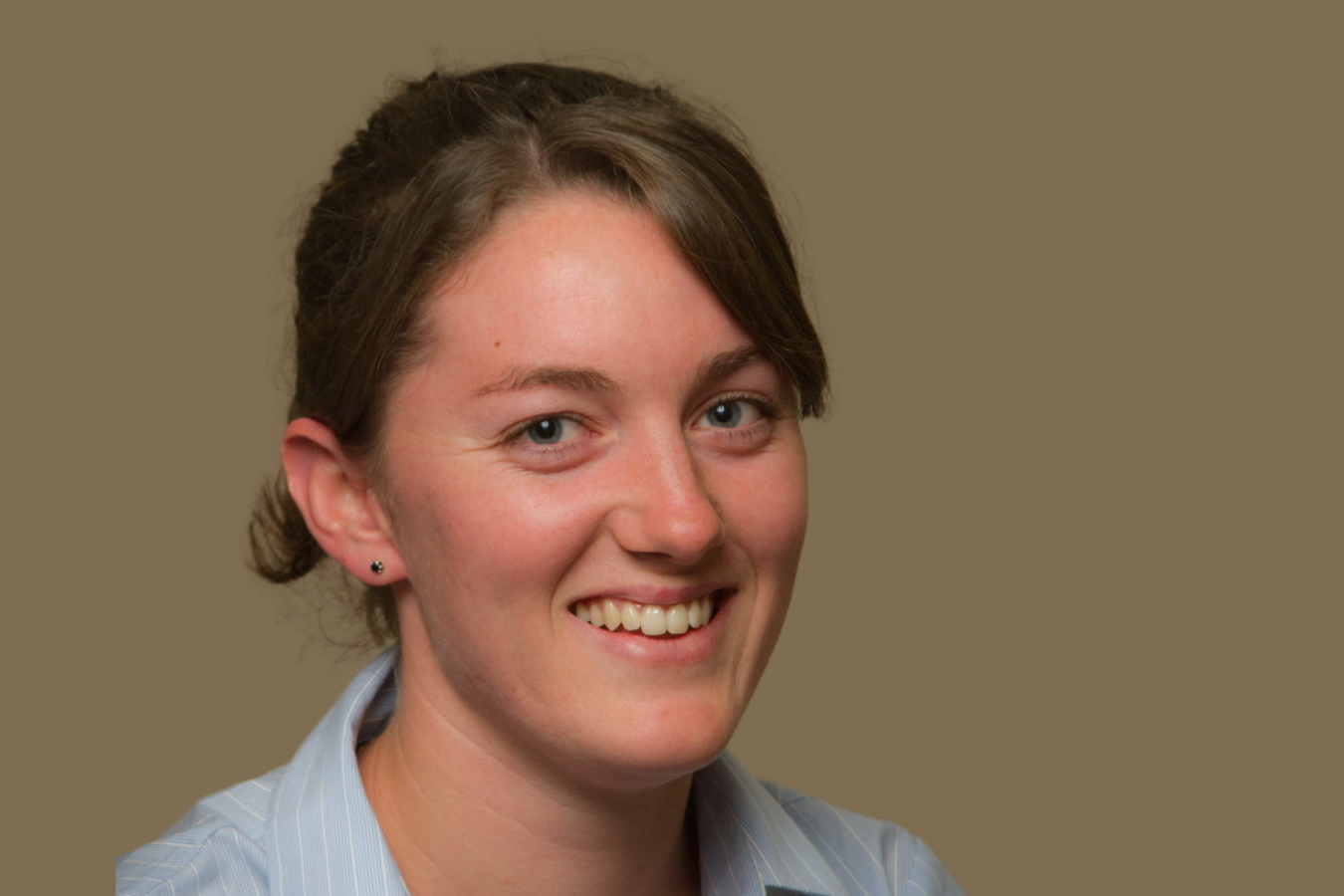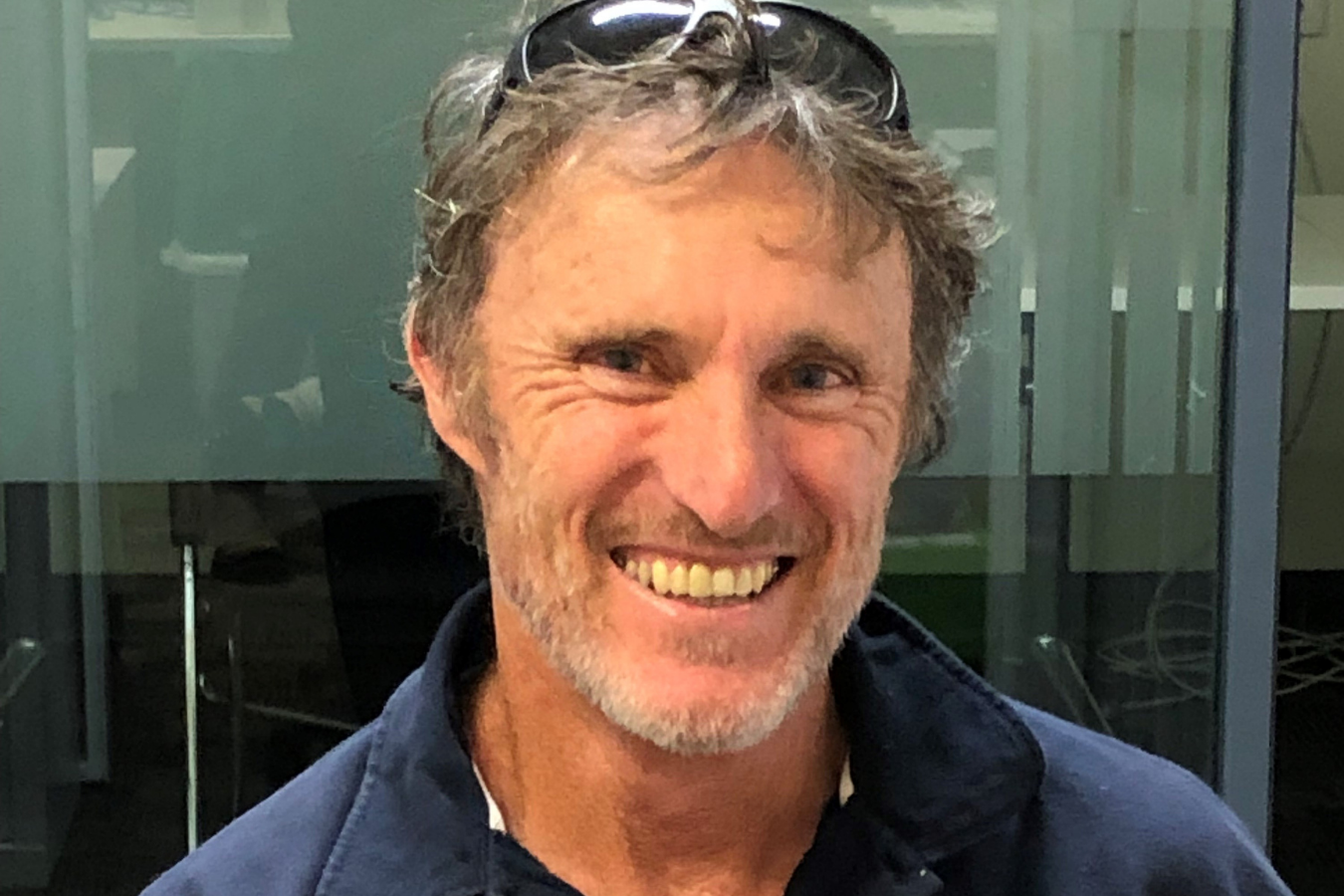Almost overnight Van Wyk Flowers were faced with more than a doubling of energy costs which threatened to make this long-standing family business unviable. Located at Lyndhurst just outside Melbourne Victoria, the Van Wyk’s are wholesale flower growers and florists, specialising in many varieties including roses, gerberas and lissianthus.
Their gas dependence stems from the fact that premium quality, year-round flower production requires high-tech heated indoor growing environments. So next to water, gas was fundamental to their commercial operations. After exhausting all avenues and contractual options with gas retailers, it was evident to the Van Wyk’s that they would have to think outside of the box.
Finding an alternative to gas
The solution, now in full operation for 2.5 years, includes a new 2.95MW bioenergy plant, biomass fuel handling and emissions control system to heat their greenhouses. The project also boasts a two million litre insulated hot water storage tank, transport station and underground district main which delivers energy to existing distribution centres around the property.
The project required a multi-faceted approach, sourcing specialist suppliers from around the globe and specialised tradespeople from within Australia and abroad. The two million litre heat storage tank is an integral part of the project. Like an ‘energy battery’ the tank allows accumulation of energy 24 hours a day providing heat as both a continuous output, as well as during bursts of peak energy demand. This provides far greater energy efficiency than the biomass plant could deliver on its own, thereby improving the financial parameters of the investment.
The emissions control module was another critical piece of the puzzle, as it guarantees a clean flue gas with outputs far below industry standards.
Future proofing the business
When capital investment is viewed against fuel savings (i.e. natural gas cost vs biomass cost), the Van Wyk’s biomass plant is expected to have a four-year payback period.
Billy Van Wyk sums up the project by saying
“This was a very worthwhile endeavour that allowed the business to survive in a climate where profit margins were decreasing. In effect we have put in a very reliable system to future proof our business while reducing our reliance on fossil fuels”.

Diverting waste streams and reducing emissions
But, of course, none of this works without waste biomass! It is the abundance of waste biomass in Victoria that makes this project feasible and worthwhile. The Van Wyk’s bioenergy plant is fuelled by wood waste which comes from the remnants of the forestry industry, sawmilling, timber processing and various other agricultural processes. In Victoria alone there are hundreds of thousands of tonnes of clean waste biomass yet to find a cost-effective end use, with large amounts still ending up in landfill. Clean waste biomass is a governmentally recognised carbon neutral fuel in Australia and around the globe. The project will offset 60,000 tonnes of CO2e over its expected lifetime as well as helping to keep local business competitive and productive.
From feasibility and permitting through to foundations and construction the process was daunting but successfully implemented to within the timeline, budgets, and safety and performance specifications.
For further Information
For an overview of the Van Wyk flower farm bioenergy project, you can watch the Project Video: https://youtu.be/0p-azch5D0c



